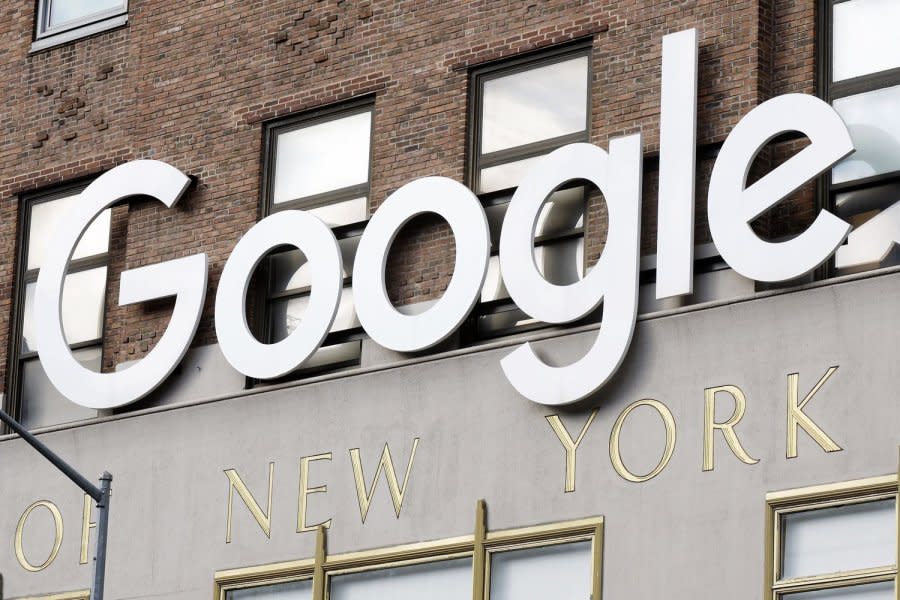Google settles lawsuit over tracking user data in 'incognito' mode

Dec. 29 (UPI) -- Google on Thursday settled a lawsuit over tracking user data while in the Chrome browser's "incognito" mode, which is supposed to offer user privacy. Had Google lost at trial, the lawsuit could have cost billions of dollars.
The class-action suit mediation preliminary settlement requires court approval to be finalized.
Settlement details were not made public, but the 2020 lawsuit asked for between $100 and $1,000 per plaintiff and there are potentially millions of plaintiffs.
"The parties are presently preparing a final and definitive settlement agreement, which they anticipate executing within 30 days of this filing and then presenting for this Court's approval within 30 days thereafter," the preliminary settlement filing said.
In August Judge Yvonne Gonzalez Rogers rejected an attempt by Google to have the suit thrown out.
"Google's motion hinges on the idea that plaintiffs consented to Google collecting their data while they were browsing in private mode," Rogers ruled. "Because Google never explicitly told users that it does so, the court cannot find as a matter of law that users explicitly consented to the at-issue data collection."
In the 2020 class-action lawsuit filing, plaintiffs alleged that even when users activate incognito mode, "Google continues to track, collect, and identify their browsing data in real time, in contravention of federal and state laws on wiretapping and in violation of consumers' rights to privacy."
The suit said Google's practices infringe upon user's privacy, intentionally deceive consumers, and these practices give Google and it's employees "power to learn intimate details about individuals' lives, interests, and Internet usage; and make Google 'one stop shopping' for any government, private, or criminal actor who wants to undermine individuals' privacy, security, or freedom."
The lawsuit was filed by California residents Chasom Brown and Maria Nguyen and Florida resident William Byatt. The suit alleged that private browsing activity of users was tracked and associated with existing specific user profiles.

